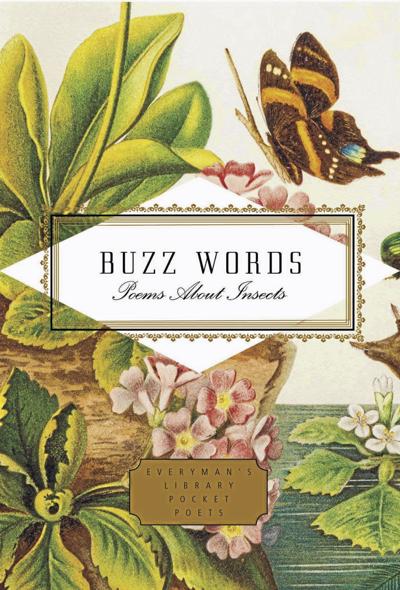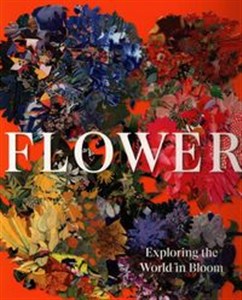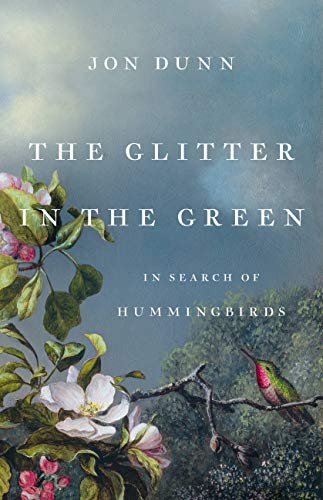Are you looking for a spring book?
We have a spring book, especially for those of you who like birds, gardening and the outdoors.
Spring books are very interesting, we are sure you will like them.
Like Emma, she is also very fond of reading books.
Especially spring books.
Let’s hear Emma’s story.
Since childhood, I really like reading books…
Any book, from science to novels…
I’m really looking forward to spring
Because it’s spring, spring book release
About gardening…
About animals like birds…
About earth…
I like everything!
Because I also like gardening
Spring books are useful
To help me in loving my garden!
And also love the environment more…
Let’s get started…
A new season of spring shows has begun, and viewership is on the rise.
During the pandemic, many of us were glued to screens.
Another trend less noticed is people tuning into nature for quieter, high-stakes drama.
Publications such as Audubon field guides for the first time in decades..
..and a poetry collection about insects are capturing the moment.
Moreover, public concern regarding climate change is high, as is public engagement with nature.
“Nature has been a point of solace for people over the course of the pandemic that they can tap into either for the first time, or tap into it again,”
John Rowden, senior director of bird-friendly communities for the National Audubon Society.
In the wake of the pandemic, Audubon has seen an increase in interest in its social media platforms…
…local chapters, and programming.
Field guides, which have sold millions of copies, were updated with conservation information.
It is Rowden’s wish that the Spring book’s readers will become inspired to save habitats wherever they can.
“There are existential threats against a lot of the wildlife we share the planet with,” he says.
“It’s not an easy message. But there are things we can do.”
Now check this out…
New Spring Book

Here are some new spring books about birdwatching, gardening, and getting outside for spring.
Nature turned out to be a major theme this past year.
A good pair of binoculars may be all some people need to see the wildlife outside their windows.
Some people took longer hikes in the woods…
…or they looked harder at what they could find growing and foraging on their street.
There were plenty of people who planted a few flower pots on their balconies.
In this second pandemic spring, you can learn more about birds, bugs, plants…
…and other forms of life with these new titles.
You can also use apps (often free) that are designed to identify species and teach you about them…
…such as Merlin Bird ID by the Cornell Lab.
iNaturalist and PlantSnap. Audubon.org has a native-plant database based on ZIP codes.
The following titles have been released:
“Birds Of North America,” And “Trees of North America,”
From The National Audubon Society (Knopf).
/cdn.vox-cdn.com/uploads/chorus_image/image/69168478/AP21109454520936.0.jpeg)
“Birds” hasn’t been updated since 1994, “Trees” in 1980..
..and there is plenty of exciting new science and fascinating photography.
Both guides include range maps that show how climate change will affect the populations of each species…
…as well as a conservation status.
Audubon recently found that climate change could lead to the extinction of almost…
two-thirds of all birds in North America.
There are over 800 species of birds in the bird guide…
…nearly 2,500 full-color photographs illustrate nearly 540 species of trees.
“A World On The Wing: The Global Odyssey Of Migratory Birds”
By Scott Weidensaul (W.W. Norton)

Our understanding of many birds’ arduous migration has been greatly enhanced by…
…advancements in technology like miniaturized geolocators.
In Weidensaul’s work on birds, which was a finalist for the Pulitzer Prize, he traces some of these migrations.
He describes, in a passage of breathtaking description…
…looking at the radar map one fall night ove the northeastern United States and noticing…
…“thousands of pale blue and green dots, the radar signatures of millions of songbirds flying in the clear night.”
In the dark of such a night, millions of birds might pass overhead in an hour (yes, an hour), unseen by us.
“Buzz Words: Poems About Insects”
(Everyman’s Library, Alfred A. Knopf)

With poems ranging from a shivering “Great Moth” to Walt Whitman’s “noiseless, patient spider,”…
…this anthology of poems shows that creepy crawlies influence human culture as far back as the ancient Greeks.
Worker, singer, sparkler, swooper, glider, leaper, weaver, stinger, biter, sucker, and…
..pest sections are lightly categorized here.
The author of this volume also appreciates insects, including some of the ones we are most indebted to.
In an age when some of the most beneficial insects are on the verge of extinction…
this spring book celebrates insects and our eternal love-hate relationship with them.
“Lessons From Plants”
by Beronda L. Montgomery (Harvard University Press)

Montgomery, a biochemistry professor at Michigan State University, aims…
“to increase plant awareness, mitigate potential biases against plants.
..and introduce you to the wisdom of plants and what they can teach us.”
She looks at how plants experience the world, independent of people…
imagining what life looks like from their perspective.
“As humans, we must first pay attention,” she writes.
“A Brief History Of Earth: Four Billion Years In Eight Chapters,”
By Andrew H. Knoll (Harper Collins)

As a professor of biochemistry at Michigan State University, Montgomery plans to help people understand plants…
…mitigate their biases against them, and teach them how to learn from them.
As she experiments with plants..
..she imagines what life is like from the perspective of plants, independent of humans.
The first thing humans need to do is pay attention.
“Flower: Exploring The World in Bloom”
(Phaidon)

Throughout history, flowers and floral motifs have been used in art, fashion, and design.
Also included is a timeline of the history of flowers…
…as well as information on the symbolism that some species have accrued over time.
“The Glitter In The Green: In Search Of Hummingbirds”
By Jon Dunn (Basic Spring Books)

In her work as a natural history writer and photographe…
Dunn travels the length and breadth of America to document these tiny birds..
..which currently live only in the Americas.
In addition to writing about their present lives…
..he discusses their history of fascination and exploitation.
“50 Things To Do At The Beach”
By Easkey Britton (Princeton Architectural Press)

Britton, an environmental scientist and professional surfer…
teaches kids how to dive deeper – literally and figuratively – into the sea on the beach.
The book explores our connection to the ocean and its health
..as part of the publisher’s “Explore More” series
(previous titles include “50 Things to See in the Sky” and “50 Things to Do in the Wild”).
Sum Up
The Spring book is extraordinary compared to other books.
Because in the spring book, many books are released about gardens, animals, and nature.
By reading the Spring book, we can love the nature around us more.
And take care of our aging nature. I hope the books above inspire you too!
Conclusion
Have you read the books above?
An interesting book, isn’t it?
Do you love the environment more now?
Or do you have other spring book recommendations?
Check out more gardening news on our website like this one here!
Have an awesome gardening journey!
Give your feedback in the comments.
If interesting we will update!
